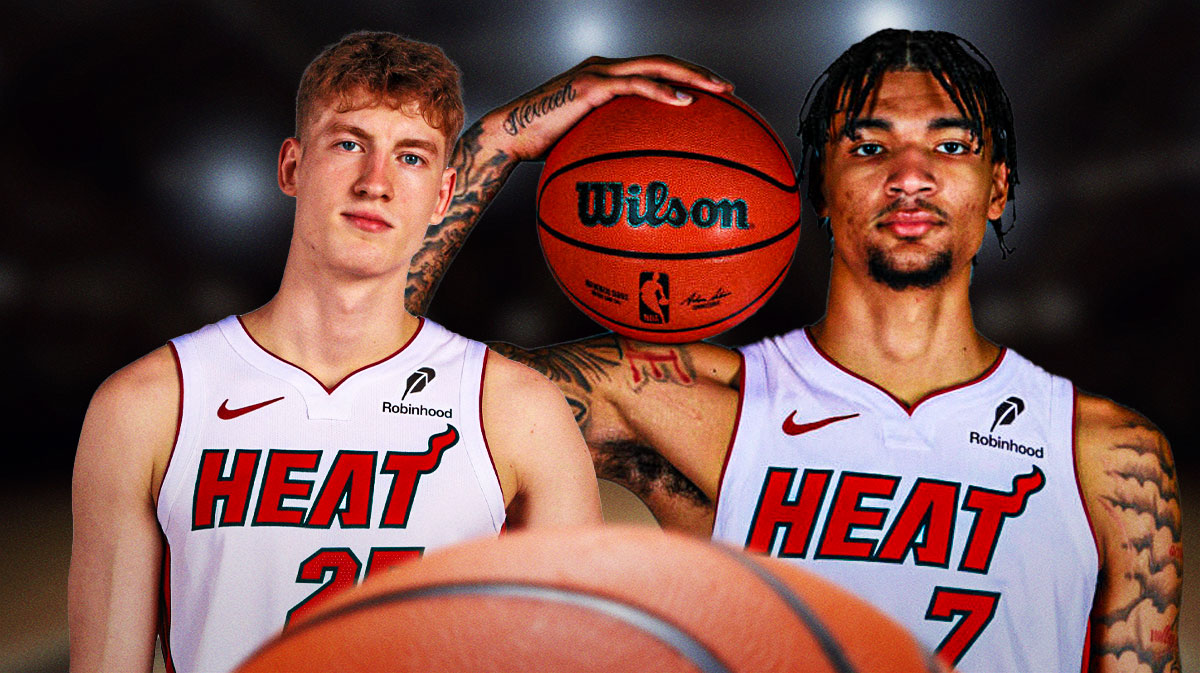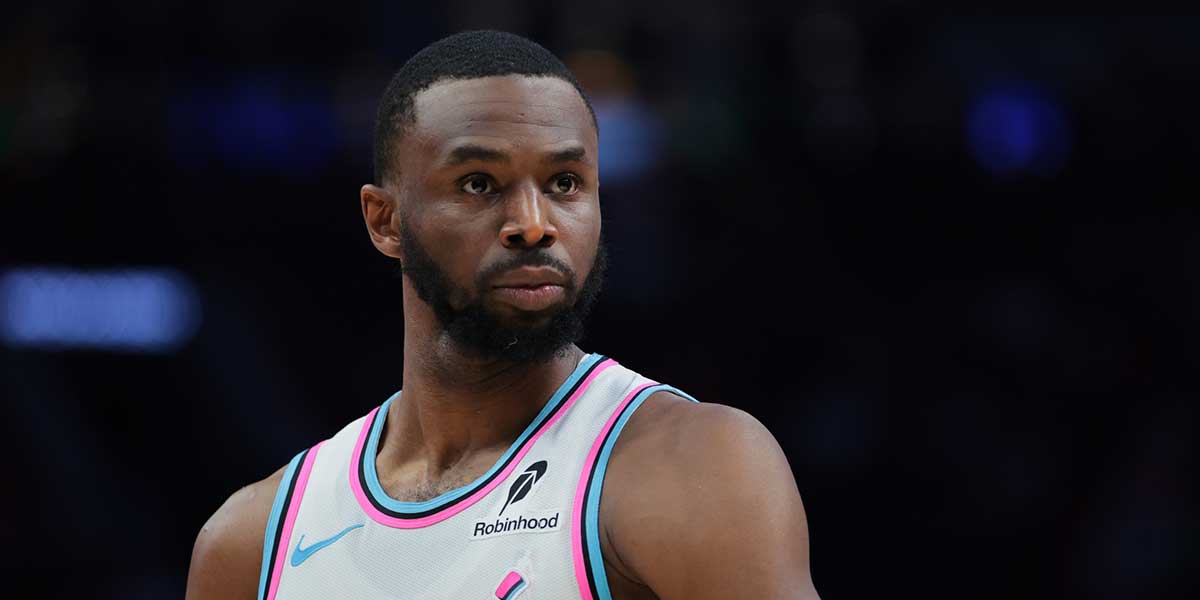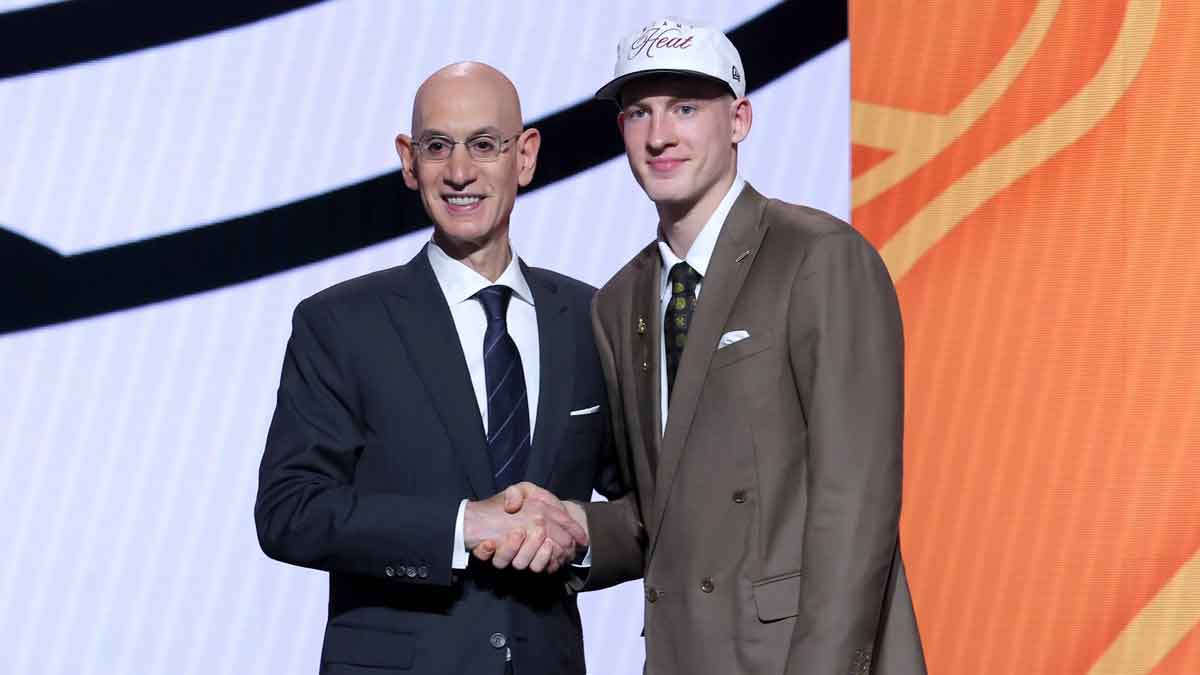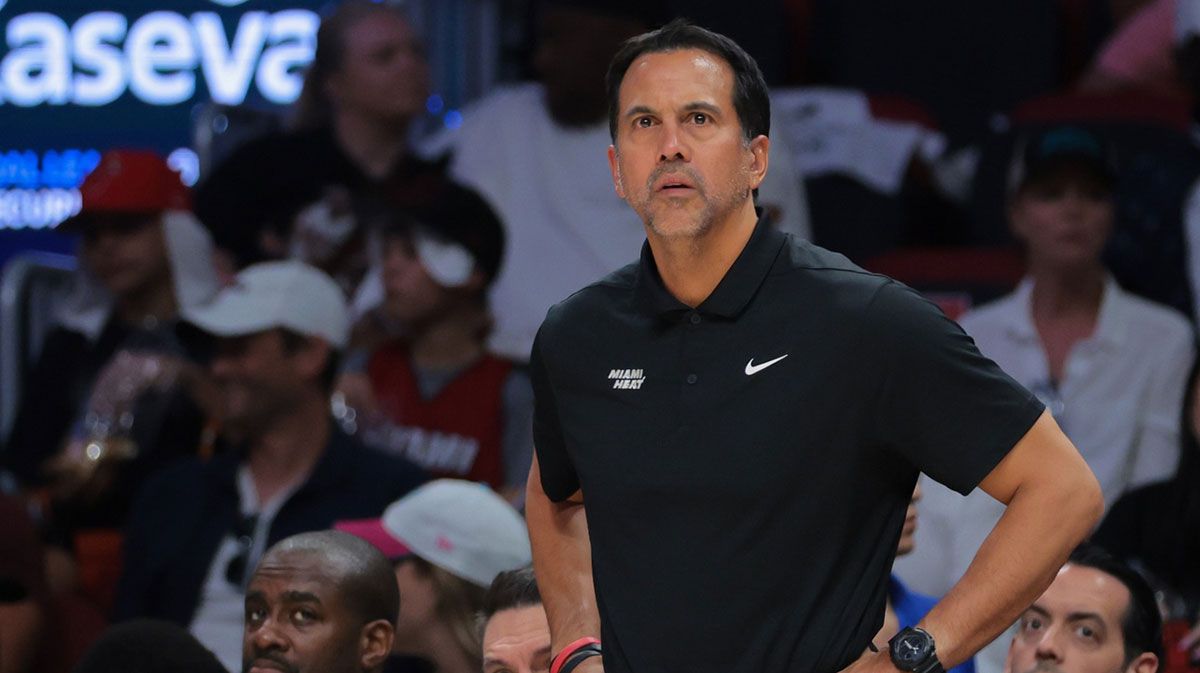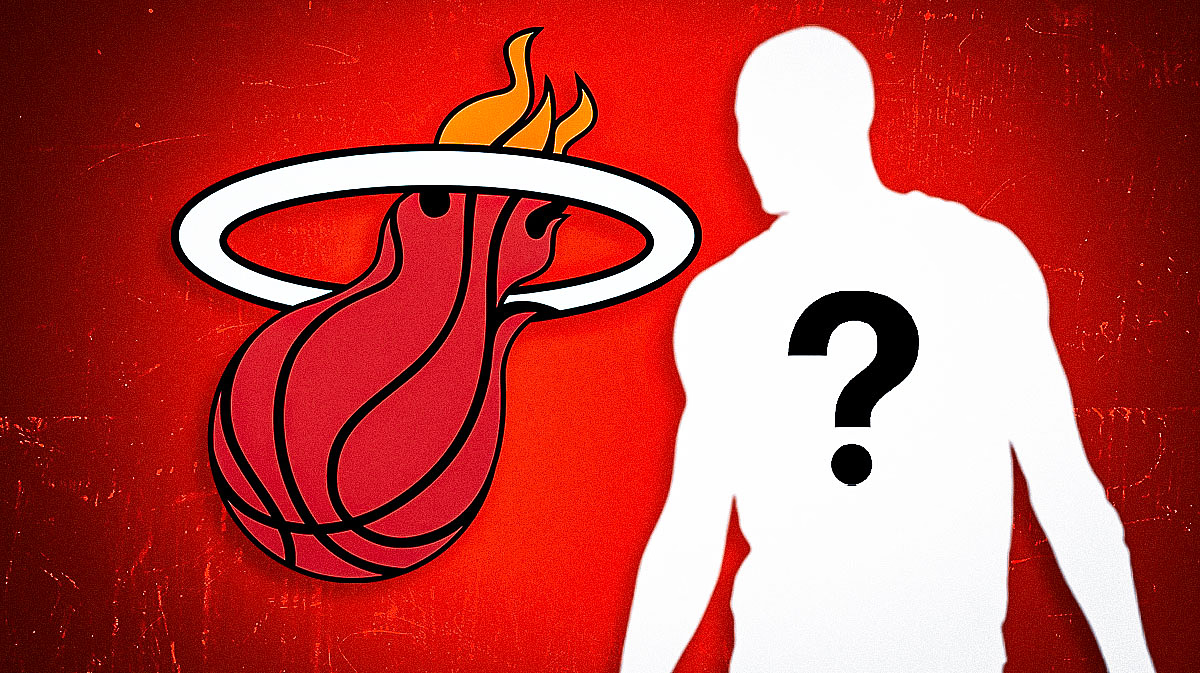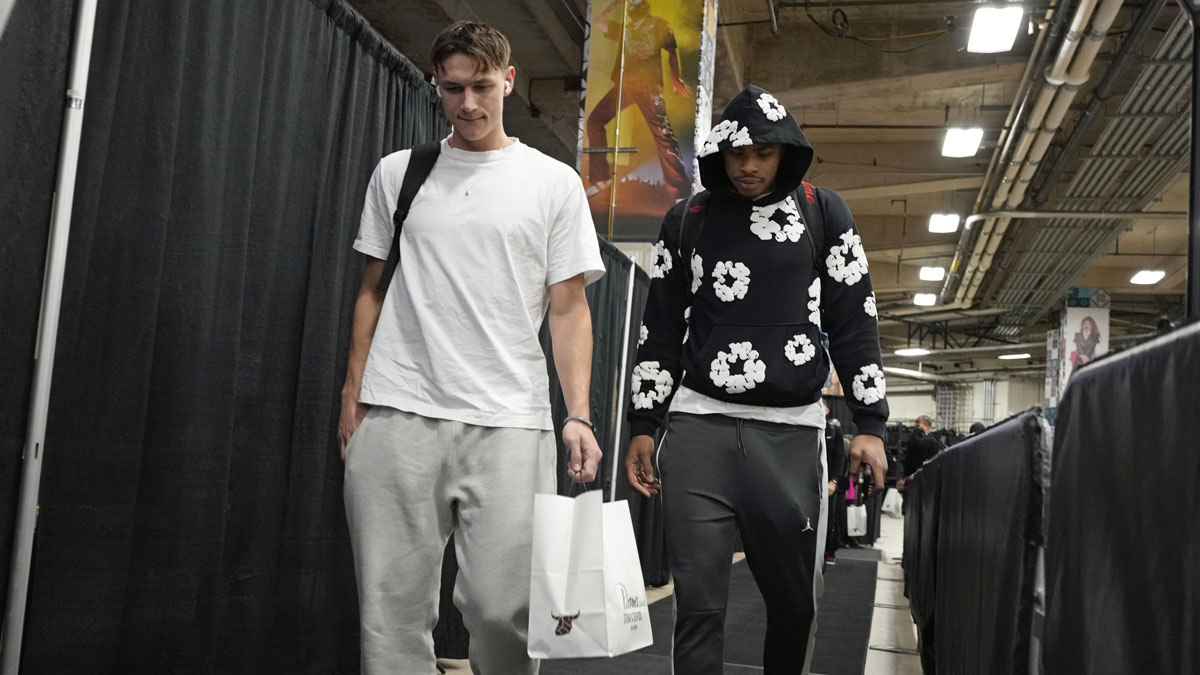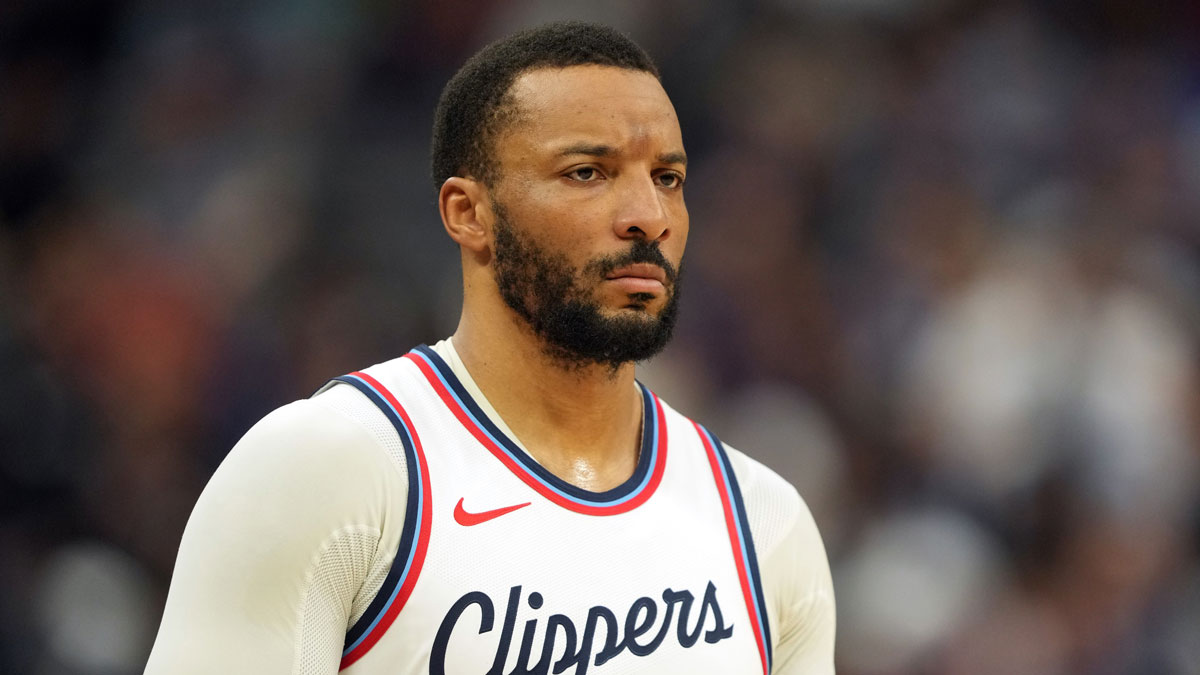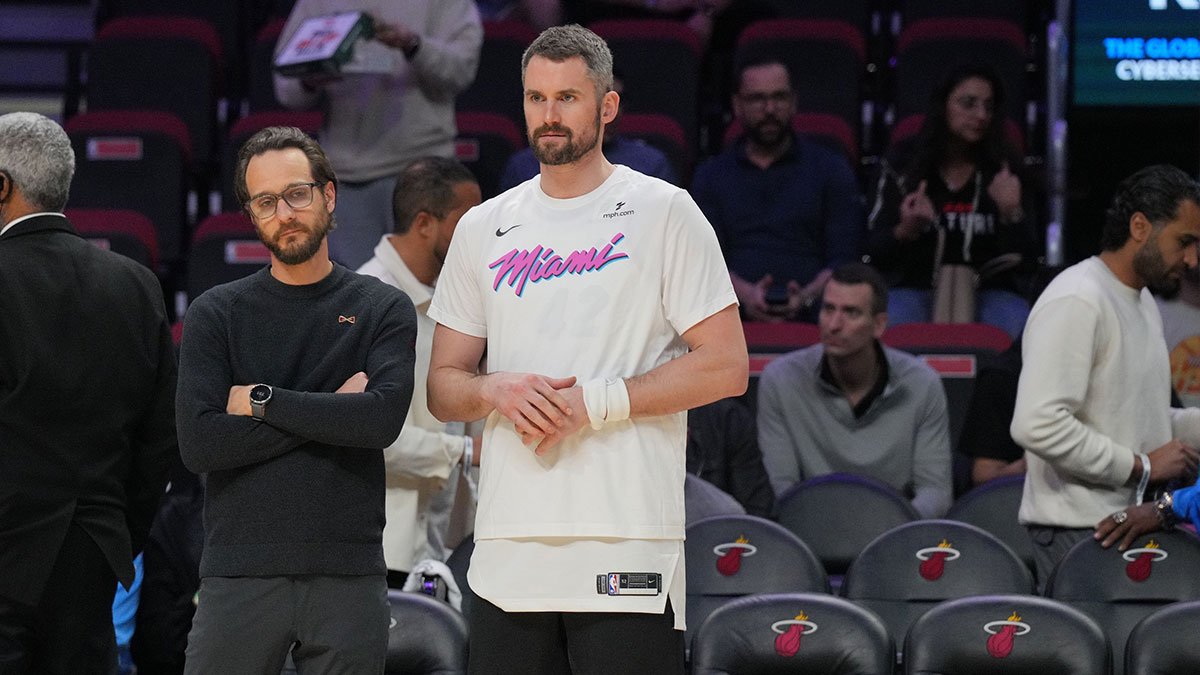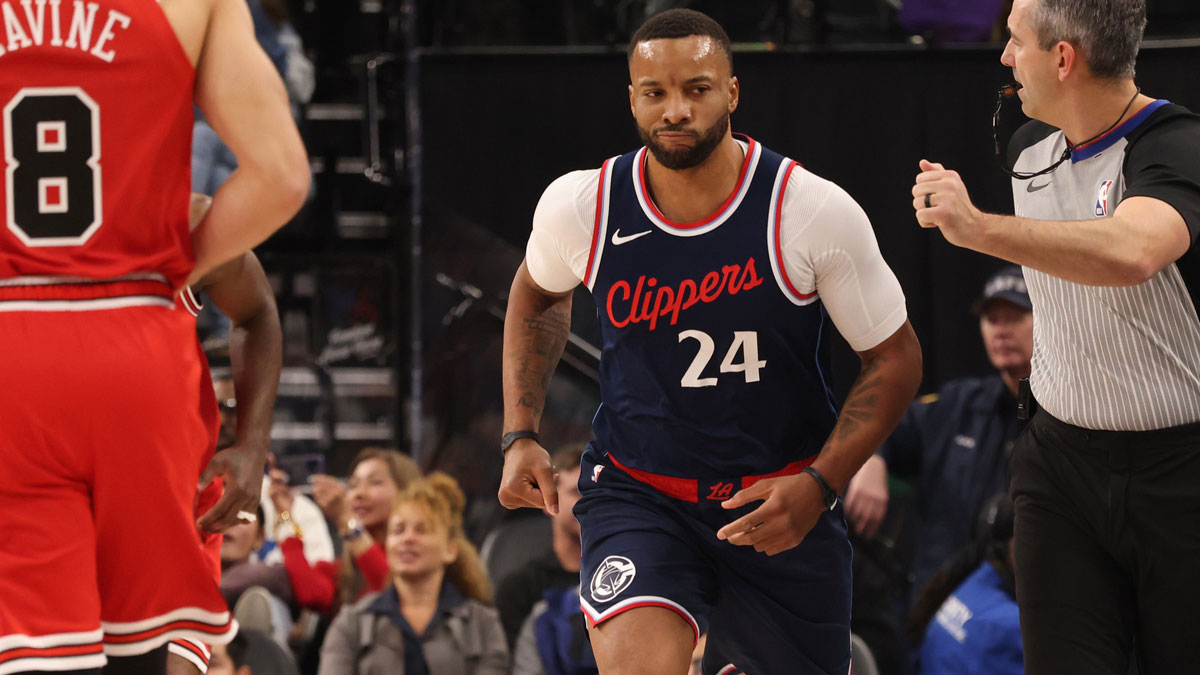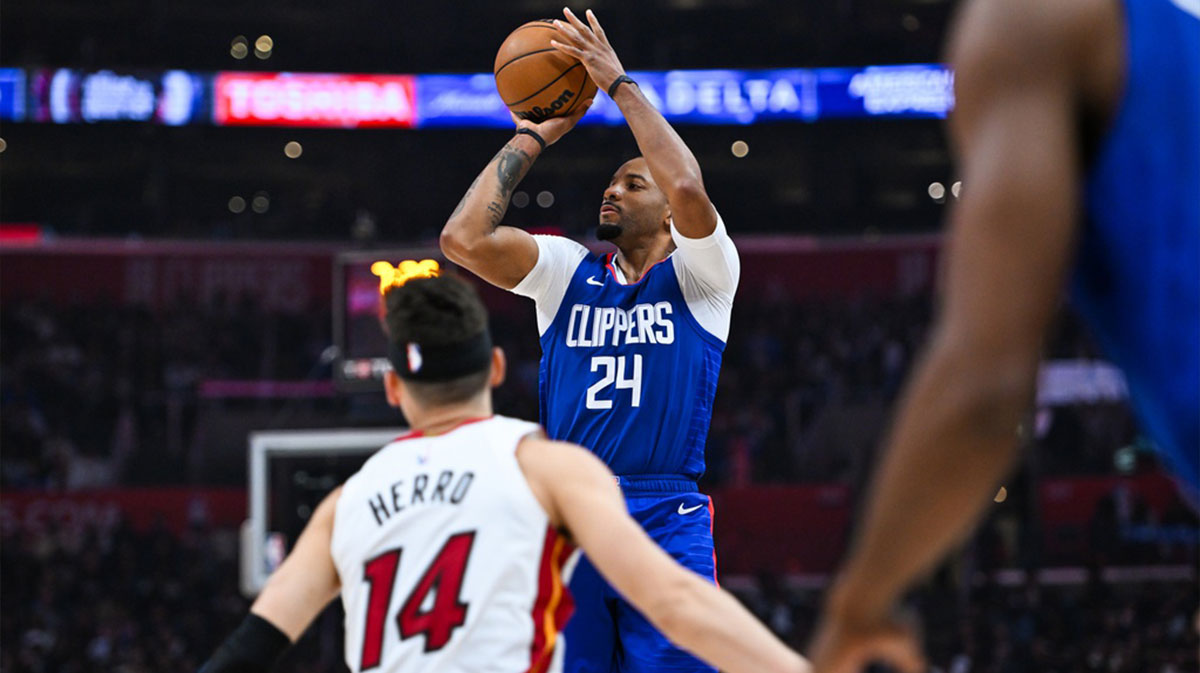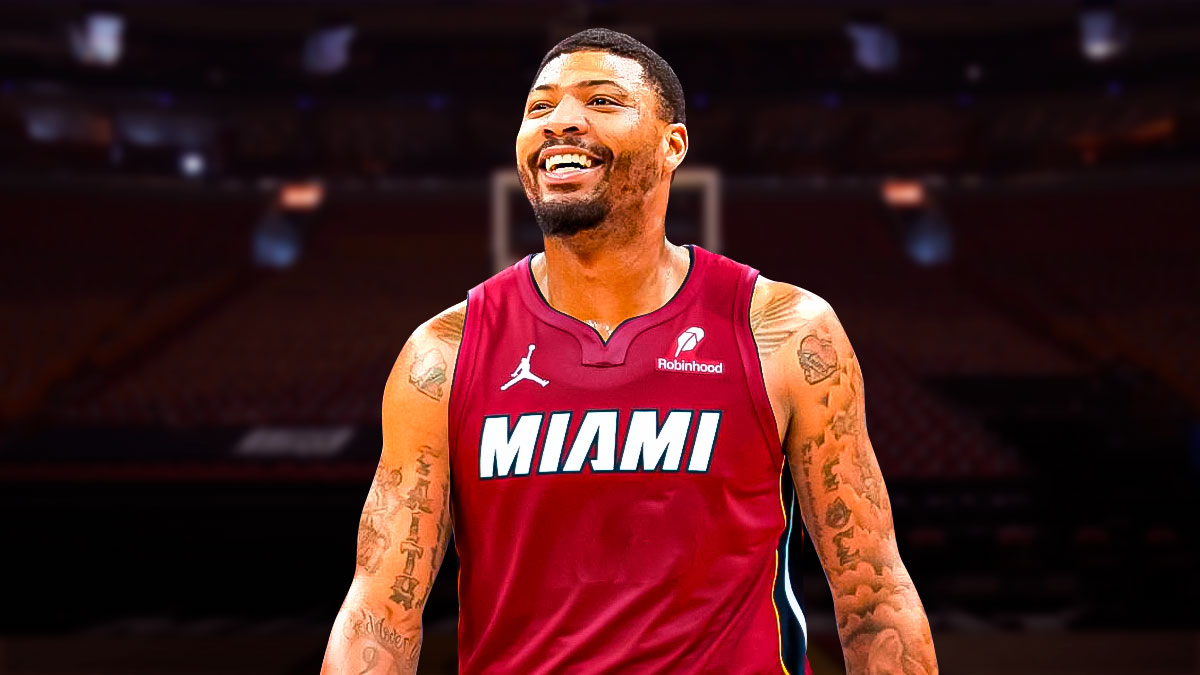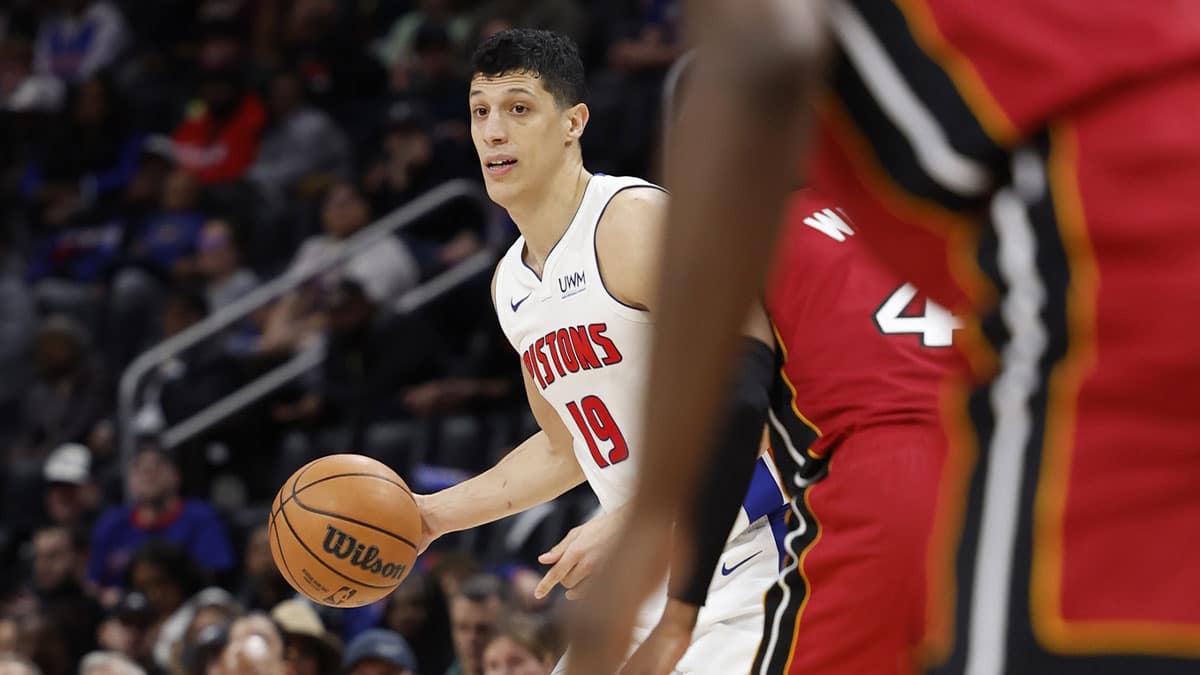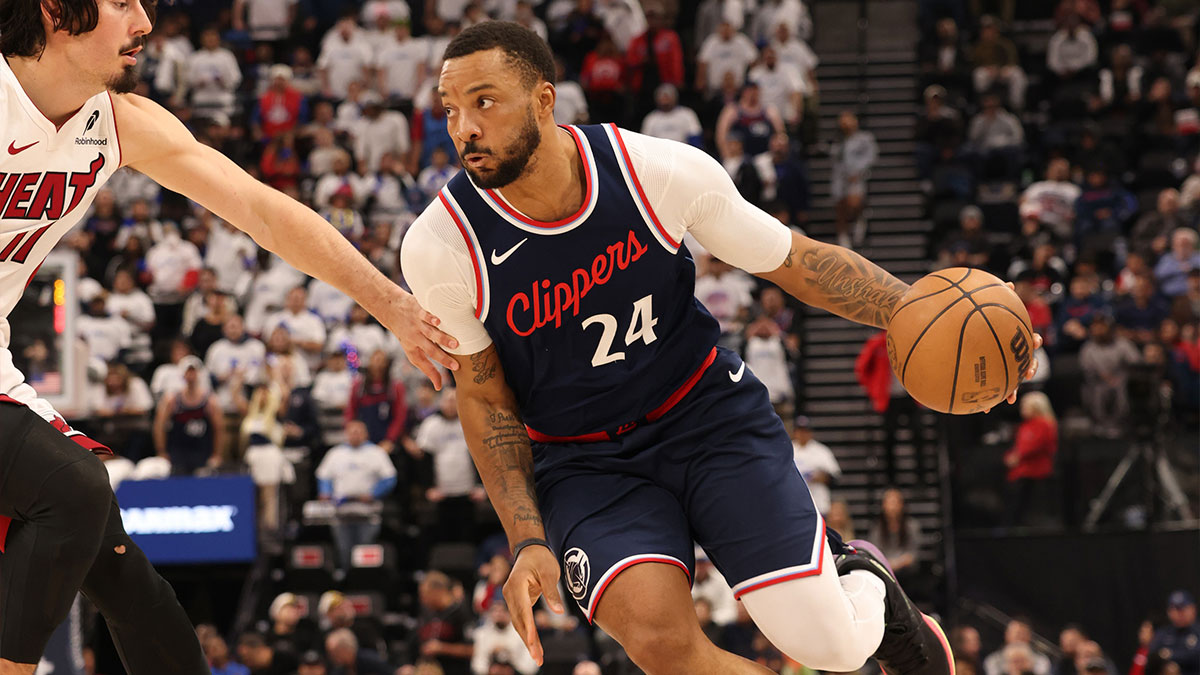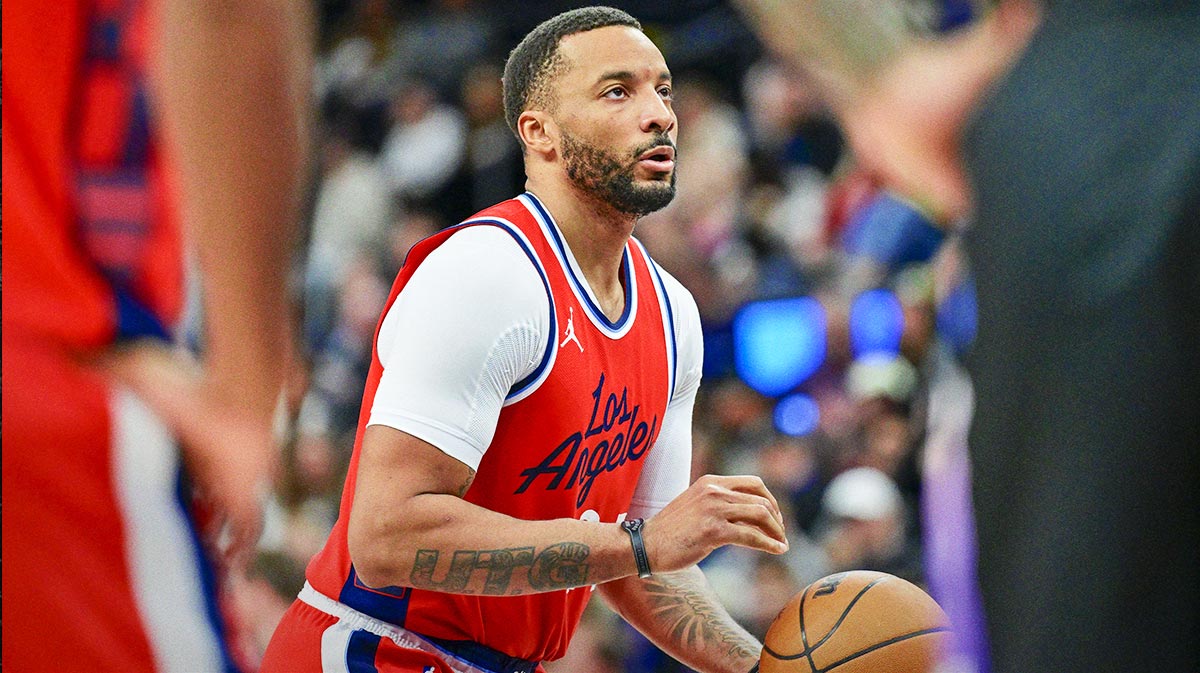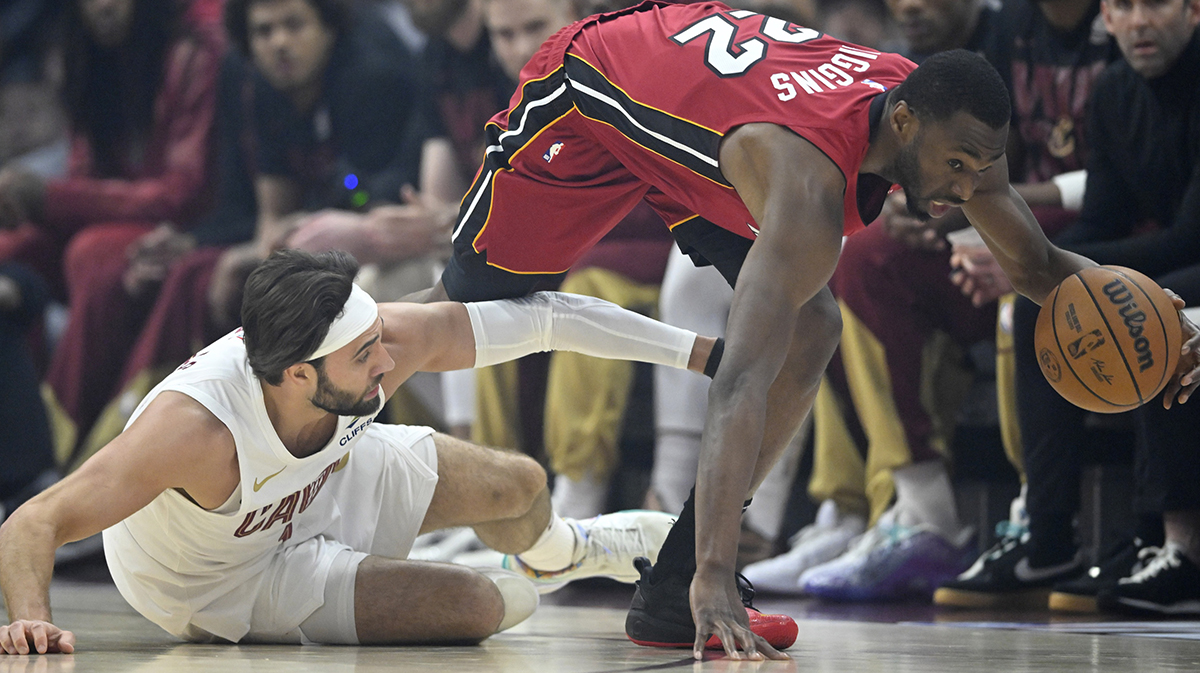The Miami Heat have long been considered amongst the NBA’s most well-run franchises, thanks to a combination of respectable ownership, #HeatCulture, correctly drafting Dwyane Wade, an appealing geographical location, and strong coaching.
Some of those characteristics can be traced to president Pat Riley, who has been running the show in South Beach since 1995—seven years after franchise began play. Riley has built three championship teams, and memorably oversaw arguably the greatest offseason in league history in 2010.
The Hall of Fame coach and executive has rarely been in a rebuilding mood, and he's maneuvered a litany of trades over the years to land stars, role players, or cap space while consistently remaining in playoff contention.
On that note, here are the five best trades in Heat history, ranked.
5. Antoine Walker (2005)
The Trade: Celtics' Antoine Walker, Grizzlies' James Posey, Jason Williams, and Andre Emmett, and Hornets' Robert Duenas for Heat's Eddie Jones, Rasual Butler, Qyntel Woods, Alberto Miralles, and two second-round picks
In your casual five-team, 13-player, two-pick deal, Miami landed multiple players who would become crucial contributors on the 2005-06 title team.
Walker would play all 82 games (12.2 points per game) in 2005-06 then start all 23 playoff games (13.3 points, 5.6 rebounds). Williams was the team's starting point guard (12.3 points, 4.9 assists, 37.2 percent from 3), while Posey was a clutch sixth man and 3-and-D specialist.
4. Tim Hardaway (1996)
The Trade: Warriors' Tim Hardaway and Chris Gatling for Heat's Bimbo Coles and Kevin Willis
Alonzo Mourning needed a secondary star, and the addition of Hardaway elevated the Heat into the upper echelon of the Eastern Conference.
From 1995-2001, Hardaway averaged 17.3 points and 7.8 assists and made All-Star and All-NBA second teams in 1997 and 1998.
Gatling played just 24 games for the Heat, while Williams played just 28 for Golden State. Coles had a forgettable three-year run with the Warriors.
3. Alonzo Mourning (1995)
The Trade: Hornets' Alonzo Mourning, LeRon Ellis, and Pete Meyers for Heat's Glen Rice, Matt Geiger, Khalid Reeves, and a first-round pick
The Hornets had built an impressive young squad led by Mourning and Larry Johnson, but their clashing personalities caused apparently irrevocable friction in the locker room.
Miami took advantage of Mourning's availability, thought they had to give up their best player, Rice (22.3 points per game in 1994-95), along with some bit pieces and a draft pick.
Rice would average 23.5 points per game in three Charlotte seasons, but Mourning would be the better player for the next decade who left a lasting legacy with the franchise.
From 1996-2002, Zo posted 19.8 points, 9.7 rebounds, and 2.9 blocks per game, made five All-Star teams and won two Defensive Player of the Year awards (1999, 2000). He would bookend his career as a solid backup on the 2006 championship team.
In 2009, Mourning's No. 33 became the first number to be retired by the franchise, and he was inducted into the Naismith Memorial Basketball Hall of Fame in 2014.
By all accounts, he remains a key figure within #HeatCulture, and has been the franchise's Vice President of Player Programs and Development since 2009.
2. LeBron James* (2010)
The Trade*: Cavs' LeBron James (sign-and-trade) for two first-round picks, two second-round picks from Heat
The only reason this trade doesn’t crack the top spot is because, admittedly, its inclusion is a little bit of a cheat. James agreed to sign with Miami in free agency, but the sign-and-trade guaranteed one extra year and allowed Cleveland to wriggle some draft compensation from the Heat (a similar deal went down with the Toronto Raptors for Chris Bosh).
In four years in South Florida, James delivered four Finals appearances, two titles, two MVPs, and two Finals MVPs (2012, 2013).
1. Shaquille O'Neal (2004)
The Trade: Lakers' Shaquille O'Neal for Heat's Caron Butler, Lamar Odom, Brian Grant and a 2006 first-round pick
Riley brought the Big Aristotle to back to Florida for a relatively short stint at the tail end of his prime. But, this deal directly led to an NBA title in 2006, which is why it earns the top spot here. Plus, the Heat didn’t give the Lakers all that much for the disgruntled Diesel.
Butler and Odom were excellent players with plenty of good years left, and the first-round pick would become Jordan Farmar—a role player on the Lakers' 2009 and 2010 title teams (Grant was a throw-in). But, the Heat team was choppily constructed post-Mourning and Hardaway, and Riley seized the moment to pounce.
The acquisition of O'Neal offered his burgeoning star, Wade, an earlier-than-expected chance to compete for a ring. Led by the original Superman and a young Flash, Miami rocketed into contention, improving from 42 to 59 wins, as O'Neal finished just behind Steve Nash for the MVP award, averaging 22.9 points and 10.4 rebounds in 2004-05.
O’Neal delivered a title in his second season, putting up 20.0 points and 9.2 rebounds per game (shooting 60 percent both seasons). In his Miami postseason career (ages 32-34) O'Neal posted 18.8 points and 9.0 per game.

